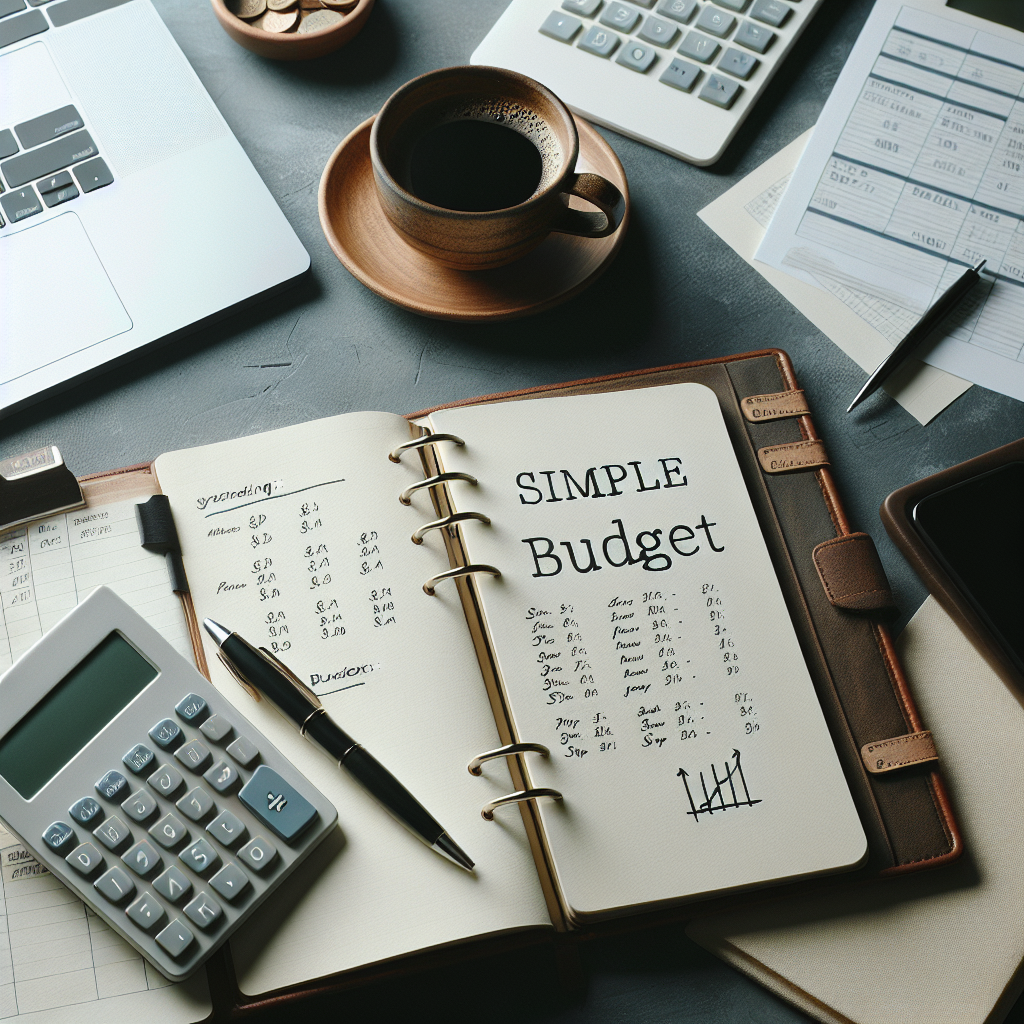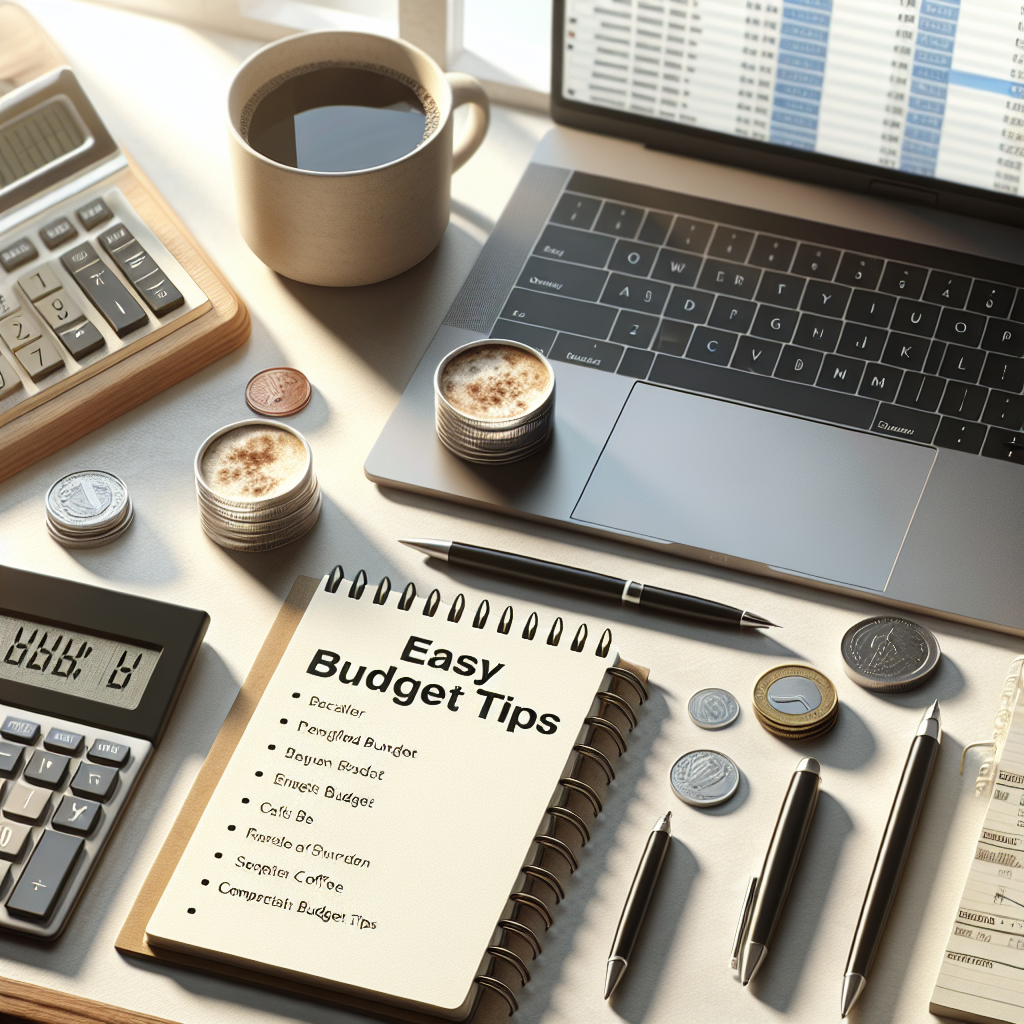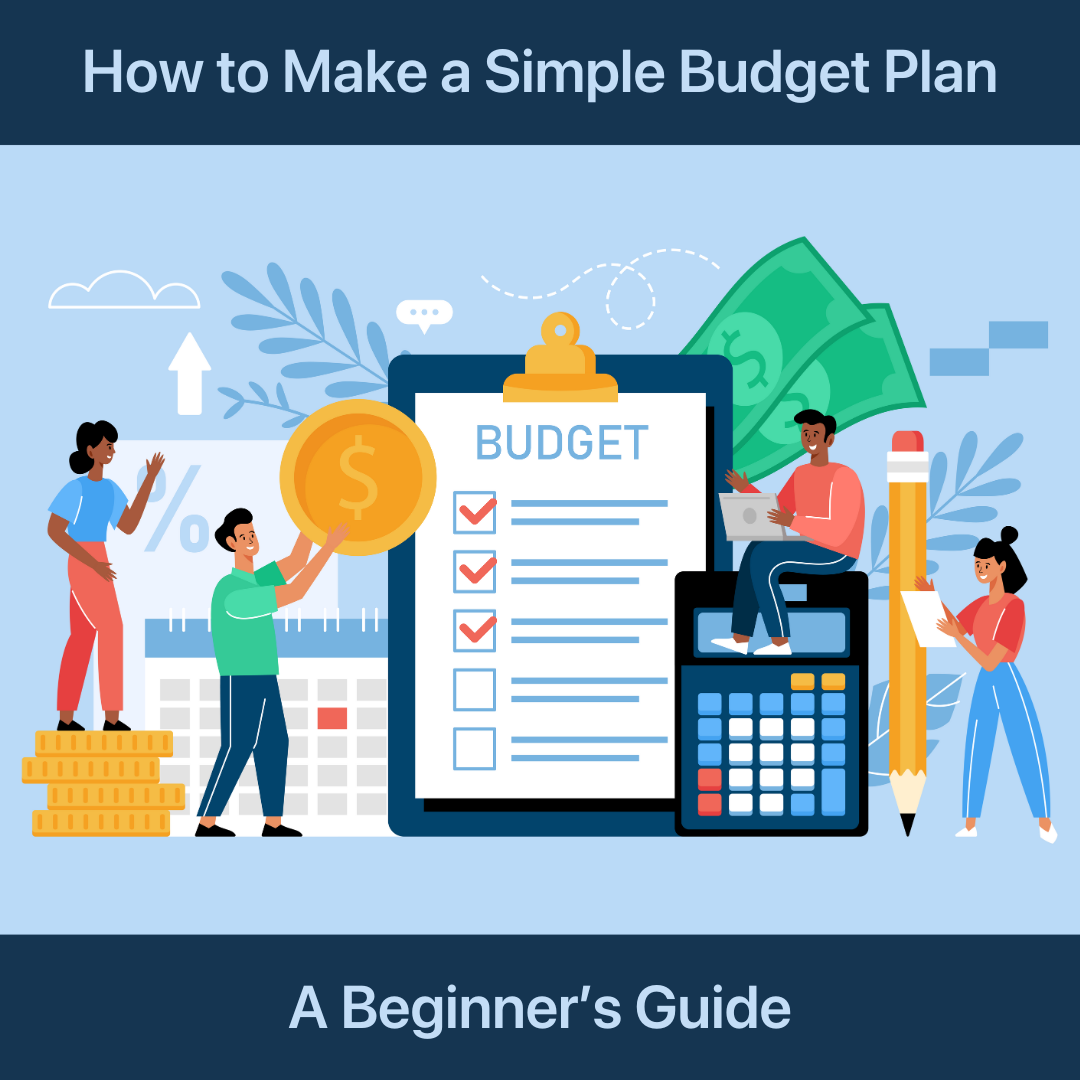An easy budget is a powerful way to take control of your finances without the stress and complexity that traditional budgeting methods often involve.
At Vala, we believe that everyone deserves to have a clear and manageable financial plan. Our platform offers innovative solutions designed to help you track expenses, set savings goals, and make informed financial decisions. By adopting some straightforward budget tips, you can start to see positive changes in your financial health almost immediately.
Ready to take control of your finances and experience effortless savings? Download Vala today and start managing your budget with ease!
Understanding Your Financial Goals

Before diving into the specifics of budgeting, it’s crucial to have a clear understanding of your financial goals. Knowing what you want to achieve financially will guide your budgeting efforts and keep you motivated. Whether you’re saving for a down payment on a house, planning for retirement, or simply looking to build an emergency fund, having specific goals helps you stay focused and disciplined.
Start by categorizing your goals into short-term, medium-term, and long-term objectives.
- Short-term goals might include saving for a vacation or paying off a small debt.
- Medium-term goals could be saving for a car or a wedding.
- Long-term goals often involve significant investments like purchasing a home or building a retirement nest egg.
By breaking down your goals into these categories, you can allocate your resources more effectively and make better financial decisions.
It’s also essential to ensure that your goals are SMART: Specific, Measurable, Achievable, Relevant, and Time-bound. This framework helps you create realistic and actionable plans, making it easier to track your progress and adjust your strategies as needed. Understanding your financial goals is the first step towards creating an easy budget that works for you.
Creating A Realistic Budget Plan

Once you have a clear understanding of your financial goals, the next step is to create a realistic budget plan. A well-crafted budget serves as a roadmap for your financial journey, ensuring that your income is effectively allocated towards your goals and daily needs.
Start by listing all your sources of income, including your salary, freelance work, investments, and any other revenue streams. Having a comprehensive view of your income will help you determine how much money you have available to work with each month.
Next, categorize your expenses. These can generally be divided into fixed and variable expenses.
- Fixed expenses are those that remain the same each month, such as rent or mortgage, utilities, and insurance premiums.
- Variable expenses include groceries, entertainment, dining out, and other discretionary spending.
Tracking these expenses will help you identify areas where you can cut back and save more.
To ensure your budget is realistic, be honest about your spending habits. Use historical data from your bank statements and expense tracking apps to get an accurate picture of your spending patterns. Incorporate a buffer for unexpected expenses to avoid financial strain when surprises arise.
Finally, allocate funds towards your financial goals each month. By consistently setting aside money for your short-term, medium-term, and long-term objectives, you’ll make steady progress towards achieving them. A realistic budget plan is key to simplifying your finances and making the most of your hard-earned money.
Implementing Efficient Expense Tracking

Implementing efficient expense tracking is crucial for maintaining a healthy financial profile. By keeping a close eye on your spending, you can ensure that you stay within your budget and make informed decisions about your finances.
One of the most effective ways to track your expenses is by using a budgeting app or financial management software. These tools can automatically categorize your transactions, provide real-time updates, and generate insightful reports. Many apps also offer features like bill reminders and goal tracking, making it easier to stay on top of your finances.
If you prefer a more hands-on approach, consider maintaining a digital or physical expense journal. Record every purchase you make and categorize it accordingly. This method allows you to see exactly where your money is going and helps identify potential areas for cost-cutting.
Another efficient expense tracking method is to review your bank and credit card statements regularly. Look for patterns in your spending and highlight any unnecessary or excessive expenditures. This practice not only helps you manage your budget but also alerts you to any unauthorized transactions or errors.
Consider setting up alerts for your accounts. Most banks and financial institutions offer notifications for low balances, large transactions, and upcoming bills. These alerts can help you avoid overdraft fees and keep you informed about your financial activities.
Efficient expense tracking is not just about monitoring your spending but also about taking proactive steps to improve your financial health. By regularly reviewing and adjusting your expenses, you can ensure that you are making the most of your money and staying on track to meet your financial goals.
Leveraging Technology For Budgeting
In today’s digital age, leveraging technology for budgeting has become more accessible and efficient than ever before. By utilizing various digital tools and platforms, you can streamline your budgeting process, making it more accurate and less time-consuming.
One of the primary benefits of using technology for budgeting is automation. With budgeting apps and software, you can automate many aspects of your financial management. These tools can automatically track your income and expenses, categorize transactions, and even forecast your future financial situation. This automation reduces the risk of human error and ensures your budget is always up-to-date.
Another advantage is the ability to access real-time financial data. Many budgeting tools sync with your bank accounts, credit cards, and other financial institutions, providing you with a comprehensive view of your finances in real time. This instant access allows you to make quick and informed decisions about your spending and saving.
Additionally, budgeting apps often come with features that help you set and achieve financial goals. Whether you want to save for a vacation, pay off debt, or build an emergency fund, these tools can help you create specific goals, track your progress, and provide personalized tips to stay on track.
Technology also enhances the ability to share and collaborate on budgets. For families and small businesses, this means multiple users can access and manage the budget simultaneously, ensuring everyone is on the same page.
Lastly, many budgeting tools offer educational resources and insights. From articles and tutorials to spending analyses and financial health scores, these resources can empower you with the knowledge you need to make better financial decisions.
By leveraging technology for budgeting, you can transform a traditionally tedious task into an efficient and even enjoyable part of your financial routine. Embrace these digital solutions to take control of your finances and work towards a more secure financial future.
Staying Consistent And Motivated

Staying consistent and motivated is essential for successful budgeting. While creating a budget is the first step, maintaining it requires dedication and perseverance. Here are some strategies to help you stay on track and motivated.
Set Realistic Goals: One of the keys to staying motivated is setting achievable financial goals. Break down larger goals into smaller, manageable milestones. This approach not only makes the process less daunting but also provides a sense of accomplishment as you reach each milestone.
Track Your Progress: Regularly monitoring your progress is crucial. Use budgeting tools to keep an eye on your spending and savings. Seeing your progress in real-time can be a great motivator, reinforcing the positive impact of your budgeting efforts.
Reward Yourself: Give yourself small rewards for sticking to your budget. These rewards can be simple and inexpensive, such as a favorite treat or a leisure activity. Positive reinforcement can help you stay committed to your financial plan.
Stay Flexible: Life is unpredictable, and your budget should be flexible enough to accommodate unexpected expenses or changes in income. Adjust your budget as needed to reflect your current financial situation, and don’t be too hard on yourself if you need to make changes.
Seek Support: Share your financial goals with friends or family members who can offer support and encouragement. You might also consider joining online communities or forums where you can connect with others who are working towards similar goals.
Use Technology: Leverage budgeting apps and tools to simplify the process. These tools can provide reminders, track your progress, and offer personalized tips to keep you motivated.
Consistency and motivation are crucial for achieving financial success. By implementing these strategies, you can stay focused and make steady progress towards your financial goals.
Ready to take control of your finances and experience effortless savings? Download Vala today and start managing your budget with ease!







